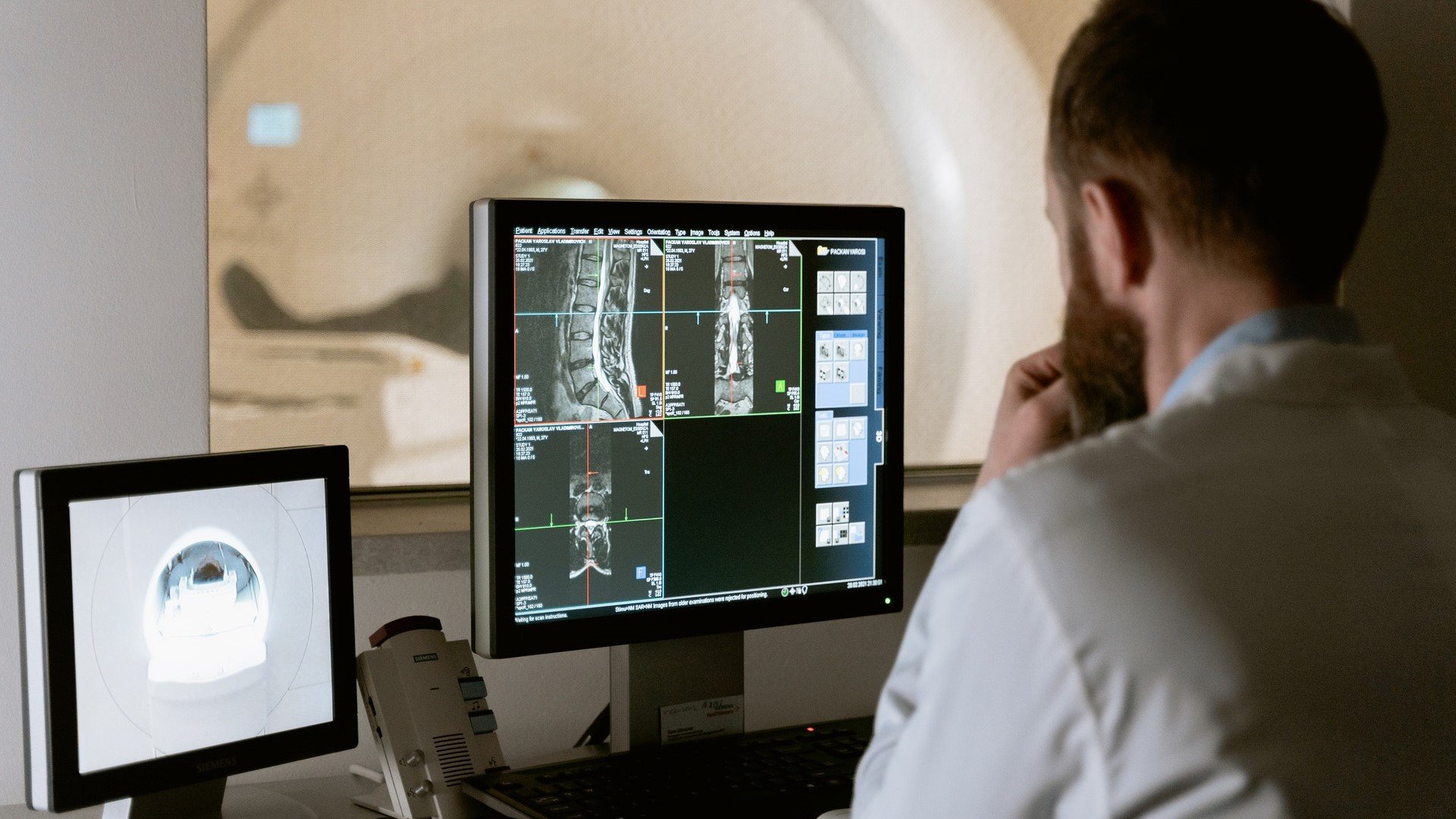Rabies Control in Kenya: Saving Lives One Vaccine at a Time
Throughout the world, thousands of lives are still lost every year due to rabies. In honor of World Rabies Awareness Day, let's encourage education...
3 min read
Abby Crimm : October 7, 2020 8:00:00 AM PDT
.jpg)
Healthcare administration students and young professionals get answers about what will set them apart in this competitive field.
What is key to a successful job interview? What sets a candidate apart in the field of healthcare administration? How do you get into healthcare when you only have non-healthcare work experience?
Questions like these are at the top of students’ minds as they prepare to enter the job market in healthcare administration.
Andrea Davis, CEO of Viticus Group, participated in a discussion panel organized by the American College of Healthcare Executives where she and other experienced executives answered these questions to help young professionals in their first job applications. Mason VanHouweling, CEO at University Medical Center of Southern Nevada, and Keisha Bickham, Vice President of Operations at MountainView Hospital.
The following advice is geared toward aspiring healthcare administrators, but it can be applied to any job applicant looking to stand out during an interview. Make a point of shaping your resume and responses to highlight these 5 things you bring to the table.
It’s one thing to list “excellent work ethic” in your skills section, and it’s another thing to have others authenticate that claim.
Being a known entity or knowing people that have worked with you in the past that can validate your work ethic will set you apart in the eyes of the hiring team. Just think of the last time you bought something online or chose a new doctor. The more positive reviews there were, the more likely you were to choose that option, right?
Being authentic and a good fit with the culture of the organization is a significant advantage. Most likely, a job posting will attract many qualified candidates. Interviewers will be looking for qualities on top of your professional qualifications that indicate that you’re a good match. Not only do they want to hire someone who the current team will enjoy working with, but hiring a good cultural fit also decreases the chances of high turnover.
Do thorough research of the organization or hospital you’re applying for. Read what current and past employees have said about working there, or, even better, talk to those employees to gauge what the culture is. Emphasize characteristics that you might share with that culture in your application.
It’s not your past experiences that make you a great job candidate. It’s the skillsets you’ve developed through those past experiences that interviewers care about. When talking about your professional experience, highlight the transferable skillsets you’ve gained that make you a good fit for the job.
“The entire panel seemed to agree that a skillset can be transferable across different careers, so many times it goes back to the candidate’s attributes shining through,” Andrea Davis said. This means that your past experience doesn’t always need to be in healthcare. There are many places where you can learn to lead, so let those attributes shine through!
Being flexible and willing to take on any responsibility that comes your way is an attractive quality in healthcare administration, especially while looking for your first job. Organizations need people who are willing to jump in and help, no matter at what level.
Be honest during your interview. Having all perfect answers and metrics can be a red flag. Everyone has weaknesses, so if you’re hiding yours, you may come across as less trustworthy.
Make honesty your highest priority. If you’re a good fit (see #2), your future employer will accept your weaknesses because your honesty and your strengths outweigh those weaknesses.
When asked what the most significant skill that helped her in her career was, Davis says, “I think having the ability to work closely and comfortably with physicians and leaders, being strategic, and having the ability to build strong relationships allowed me to grow in my career. I also believe having the confidence to lead a conversation and take control of the situation when warranted, in any environment, allowed me to earn the respect needed to be effective in my executive roles.”
In short, her last advice is to be confident in your relationships and communication. In order to be successful in any healthcare leadership role, it is imperative that you have the ability and confidence to have both easy and difficult conversations with your teams, peers, superiors, physicians, etc.
Davis continues, “I’ve watched many leaders struggle to have meaningful conversations because they were intimidated or didn’t quite grasp the importance of building relationships. I also think having an ability to think (and act) strategically across all facets is what allows a person to keep changing and growing. Strategic people identify and implement new opportunities for themselves, their teams, and their organizations.”
Learn More!
Subscribe to our YouTube channel or check out our Resource Library full of great podcasts, videos, and digital downloads!
Disclaimer
Content may contain advertising and sponsorships. Advertisers and sponsors are responsible for ensuring that material submitted for inclusion is accurate and complies with applicable laws. We are not responsible for the illegality of any error, inaccuracy, or problem in the advertiser’s or sponsor’s materials.
Advertising material and/or opinions are not a reflection on Viticus Group.

Throughout the world, thousands of lives are still lost every year due to rabies. In honor of World Rabies Awareness Day, let's encourage education...

In a letter to customers, GE Healthcare said it was rationing orders for contrast media after a COVID-19 lockdown temporarily shut down its...

Dr. Shawn Tsuda, serving as Human Medical Director on Viticus Group's Board of Directors, provides all health professionals with information and...